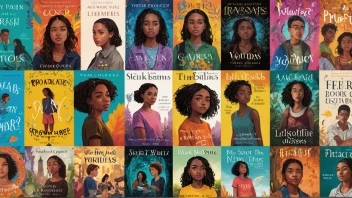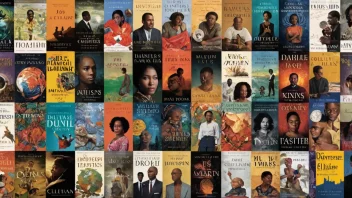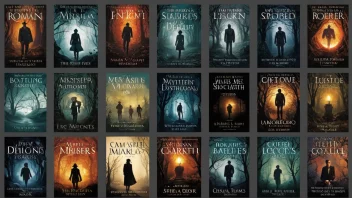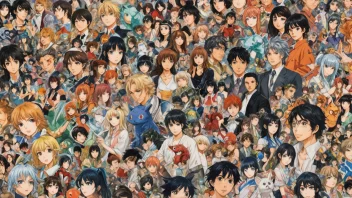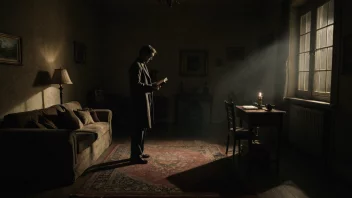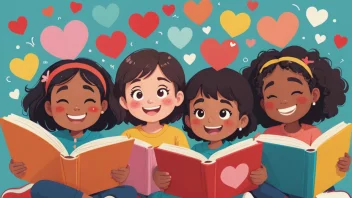Dystopian literature has long served as a powerful catalyst for reflection and discussion among readers, especially among the youth. As young readers immerse themselves in these fictional yet eerily familiar worlds, they grapple with themes of oppression, surveillance, and social justice. This genre not only entertains but also shapes the perspectives and values of its audience. In this article, we will explore the profound impacts of dystopian literature on youth culture through five significant lenses.
1. Social Awareness and Activism
Dystopian narratives often highlight societal flaws and injustices that resonate with young readers. By witnessing the struggles of characters in oppressive regimes or apocalyptic scenarios, they are inspired to take action in their own lives. This genre encourages them to question authority and engage in social activism. Some notable examples include:
- “The Hunger Games” by Suzanne Collins: This series inspires discussions about government control and inequality.
- “1984” by George Orwell: A classic that prompts readers to reflect on surveillance and personal freedoms.
- “The Handmaid's Tale” by Margaret Atwood: A powerful commentary on gender and power that resonates with contemporary movements.
2. Critical Thinking Skills
Engaging with dystopian literature also enhances critical thinking skills among youth. These narratives often present complex moral dilemmas and ambiguous scenarios that require readers to analyze characters' motivations and the consequences of their actions. This genre encourages readers to:
- Evaluate Choices: Readers learn to assess both the ethical implications and the potential outcomes of decisions made by characters.
- Question Narratives: Dystopian stories often challenge mainstream narratives, prompting readers to consider alternative perspectives.
- Engage in Debate: Themes in dystopian literature often lead to classroom discussions and debates, fostering a deeper understanding of societal issues.
3. Empathy and Connection
Dystopian literature allows youth to develop empathy by placing them in the shoes of characters facing dire circumstances. As readers identify with protagonists, they gain insights into the human condition and the various struggles people endure. This emotional connection fosters:
- Understanding Diverse Experiences: Readers learn about the struggles of marginalized groups and become more compassionate in their worldviews.
- Resilience and Hope: Characters often demonstrate resilience in the face of adversity, inspiring young readers to cultivate hope and determination in their own lives.
- Global Citizenship: Dystopian stories often reflect real-world issues, encouraging readers to think globally and act locally.
4. Exploration of Identity and Self-Expression
Many young readers relate to the themes of identity and self-exploration often found in dystopian literature. Characters frequently navigate issues of belonging, purpose, and personal growth in oppressive societies. This exploration can help youth:
- Find Their Voice: As they connect with characters, they may be inspired to express their own thoughts and beliefs.
- Challenge Norms: Dystopian narratives encourage questioning societal norms, allowing youth to explore their identities freely.
- Develop Personal Values: Readers can reflect on the values that matter most to them, shaping their beliefs about justice, freedom, and equality.
5. Fostering Community and Dialogue
Dystopian literature often serves as a springboard for community-building among young readers. Book clubs, online forums, and classroom discussions provide platforms for youth to share their insights and interpretations. This engagement fosters:
- Shared Experiences: Readers can bond over their favorite dystopian novels, creating lasting friendships.
- Collaborative Learning: Group discussions encourage diverse opinions, enhancing their understanding of complex themes.
- Advocacy for Change: As they connect over the themes in these books, youth may mobilize for social change in their communities.
In conclusion, dystopian literature profoundly impacts youth culture by promoting social awareness, enhancing critical thinking skills, fostering empathy, exploring identity, and building community. As young readers engage with these powerful narratives, they not only develop a deeper understanding of societal issues but also cultivate a passion for reading that may last a lifetime. The lessons gleaned from these fictional worlds encourage them to envision a better future and strive for positive change in their own lives and communities.

